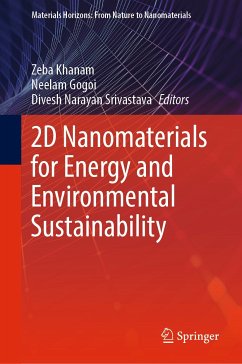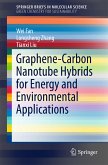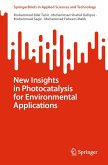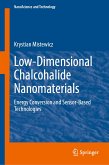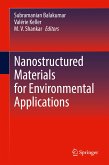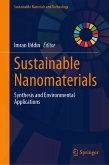This book presents cutting-edge research, recent breakthroughs, and unresolved challenges associated with 2D nanomaterials to combat energy and environmental issues. The book discusses the state-of-the-art design and innovations engaged to novel 2D nanomaterials, viz. Transition metal compounds (TMDs, TMOs, TMHs), MXenes, elemental 2D analogs (silicene, phosphorene, arsenene, etc.), Metal-organic frameworks (MOFs), etc. It presents the latest trends on top-down and bottom-up synthesis approaches and properties followed by the critical status and progress of these 2D nanomaterials in the field of energy and environment. The topics cover wide spectrum of 2D nanomaterials applications including energy storage/conversion, air/water/soil remediation, adsorption, photocatalytic degradation, desalination and membrane filtration, detection and sensing, drug delivery systems, and nano-encapsulated agro-formulations. The subsequent section includes a comprehensive account on the safety risk assessment of 2D nanomaterials towards the ecosystem and human health. This book will be beneficial for beginners, researchers, and professionals from diverse fields interested in 2D nanomaterials for energy and environmental sustainability.
Dieser Download kann aus rechtlichen Gründen nur mit Rechnungsadresse in A, B, BG, CY, CZ, D, DK, EW, E, FIN, F, GR, HR, H, IRL, I, LT, L, LR, M, NL, PL, P, R, S, SLO, SK ausgeliefert werden.

